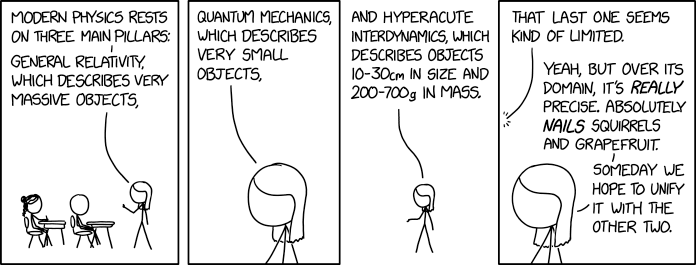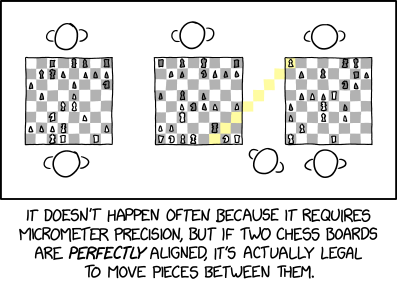There were some real lows this week -- possibly having less to do with
Leslie Fish's death (see Sunday) than with my realization on Tuesday that
I was a month away from Colleen's and my 50th anniversary. Possibly also
including communicating with my healthcare providers, which required an
email to my GP's clinic (also on Tuesday) and a phone call to my
oncologist's office on Friday. I prefer using a website, but both
websides and the app are broken in various ways.
And Tuesday evening there was a huge wave of something negative, but I've
no idea what or why.
However, I got the things done. And there were also a couple of
unexpected highs, notably Thursday afternoon when somebody from the
family of previous occupants came over to get a misdirected package. And
I was able to hand them a nearly-full grocery bag of stuff that had
accumulated over the last year, and which I had failed to find the last
couple of times I had a chance. As I noted afterwards, it apparently
doesn't take much to lift my spirits for a few moments.
But four walks, and four (admittedly short) guitar sessions. I'll take
it. And today is my daughter's 7th anniversary! (I had forgotten, but
I'd gotten a DM Friday night to say that they needed money because their
car had died. Good timing.)
Linkies! Raccoon goes on drunken rampage in Virginia liquor store and passes out
on bathroom floor. Dumuzi's Dream - world's first film in ancient Sumerian. (With
subtitles, of course.)
( Notes & links, as usual )


